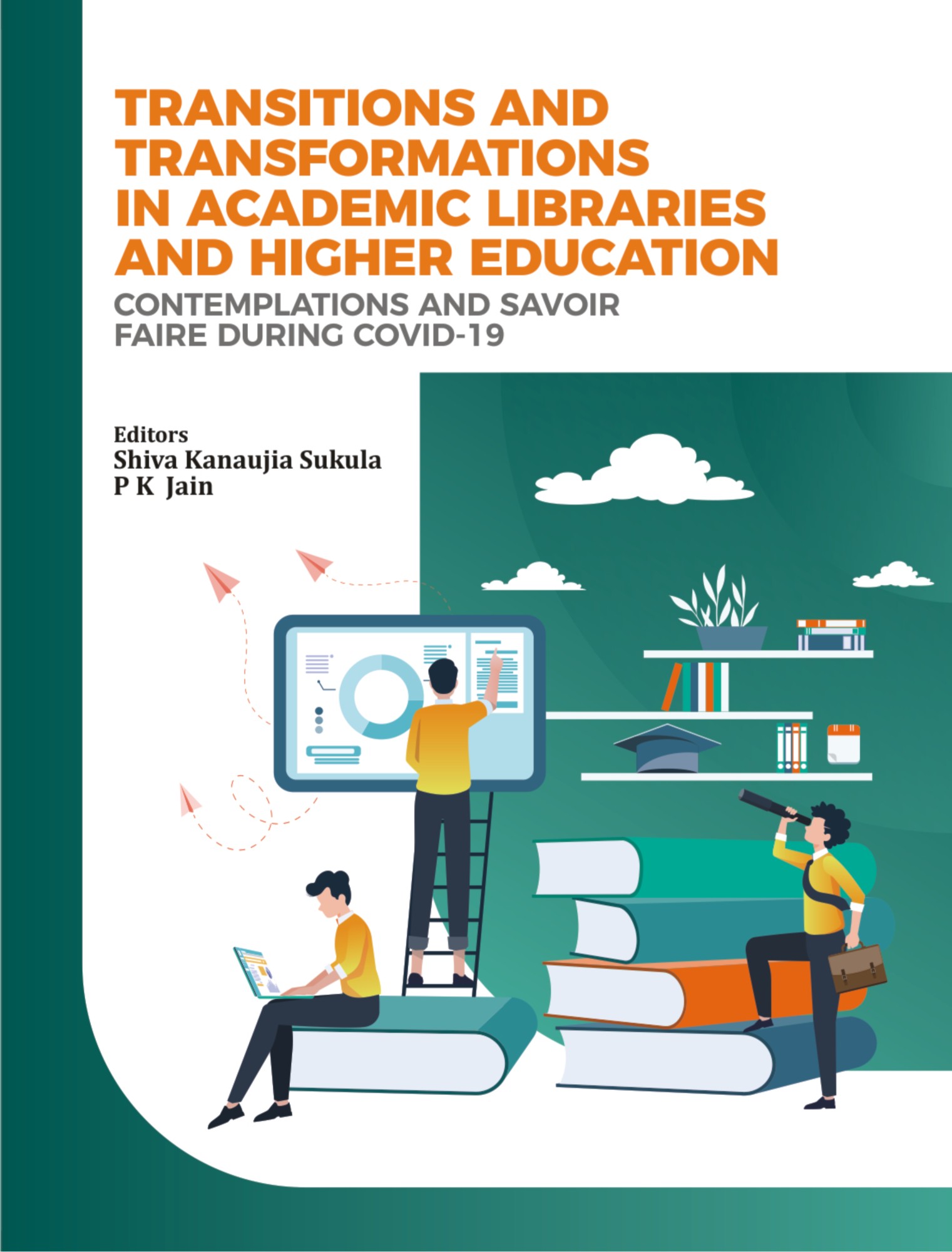The purpose of education is to create a sizeable population of such educated men and women who could understand the world well enough and are able to bring about a change leading to adequate health and education services, a better environment, and elimination of ignorance a and deprivation limitations----which continue to strangulate the developing societies. Achieving universal basic education poses very different challenges for particular groups within countries. The overriding purpose of the global movement of education of all is no less than the achievement of a better life for all people, grounded in civilised values and human rights and responsibilities. The EFA movement is working for continuing transformation of educational values, structures and procedures in many parts of the world. The is authoritative book will provide theoretical vision and practical guidance to educational planners and decision makers at national and international levels.
Visions of Education in Twenty First Century
Rs. 725
Additional information
| ISBN | 8188583049 |
|---|---|
| Year of Publication | 2003 |
| Binding | HardBound |
| Pages | |
| Edition | |
| Language | English |
Preface
1. World Education Scenario
Principles of Jomtien Conference
Targets for Jomtien Conference.
Concept of Basic Education
Achieving the Targets
Legal Measures
2. Technical and Vocational Education Scenario
Recommendations Concerning Technical and Vocational Education (2001) Scope
Technical and Vocational Education in Relation to The Educational Process: Objectives
Policy, Planning and Administration
Technical and Vocational Aspects of General Education as Preparation for An Occupational Field , Organization , Programme Content
Technical and Vocational Education as Continuing Education ,
Guidance
The Learning Process Staff
Teaching Staff Administrative and Guidance Staff
International Co-operation
Training and Development
3. Future Vision in Education For All
Africa
Central and Eastern Europe
Private Sector
Governmental Policies
The Book Chain
Role of the States
Critical Choices in Financing And Distribution
Collaboration of Public and Private Sector
Developing the Book Chain
Co-operation and Co-publication
Teacher Training
Training for Decentralization
Difficulties in the Distribution
Corruption
Learning Materials
4. Future Policy in Education
Principles for Future Policy in EFA
Social Action Programme
National Education Policy (1998-2010) Salient Features of National Education Policy Implementation Strategy
Policy Provision for Literacy
5. Education for All In India
Providing Access to Primary Schools , Progress in Enrollment , Expanding , Size of the Primary School. Enrollment and Attendance Ratios, Improving Completion Rates, Mapping of Schools . The Problem of Drop-out
Nutritional Support to Primary Education
The Concept of Barefoot Teachers
Quality Improvement in Basic Education Progress Made in the Area of Quality
Improvement
Providing Basic Infrastructure and Human Resources
Renewal of Curriculum and Teaching-Learning Material
Improving Quality of Teaching--Learning Process
H D Kote Project
Teacher Capacity Building
Collaboration with NGOs
Minimum Levels of Learning
Students Achievement Under DPEP
Strategy of EFA in 1990s
Holistic Approach
Decentralisation
Improved Access for the Deprived Sections
Advocacy, Campaign Approach and Mission Mode
Legislative Measures
EFA Decision Making and Management
District Literacy Societies
State Level Socities for Primary Education
Block Level Education Management Committee
Co-operation in EFA
Co-operation Between Government & Private Bodies in Primary Education
Role of Non-Government Organistions
Investment in EFA Since 1990
6. Right to Education
7. Vision of Education for All in 21" Century
Causes and Conditions
Education Systems and Schools
Exclusion at Micro Level: The School The Education Bureaucracy . National Education Policy Socio-Economic and Political Conditions
Who the Excluded Children Are Found
Where Excluded Children Are Found
Practice and Progress Since Jomtien
Expanded Participation in a Holistic Framework
Expanded Praticipation
Index



